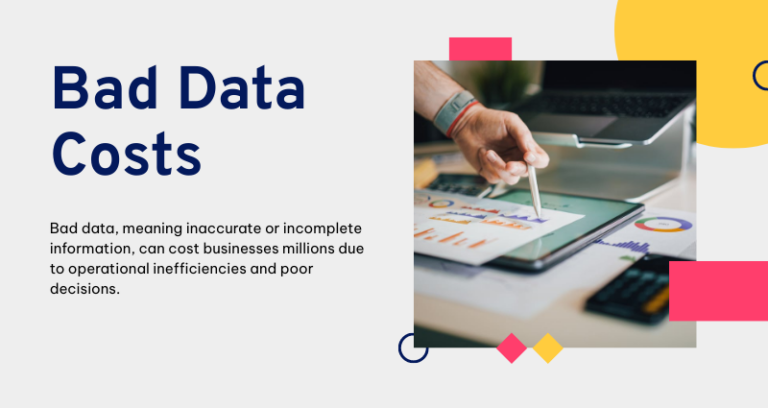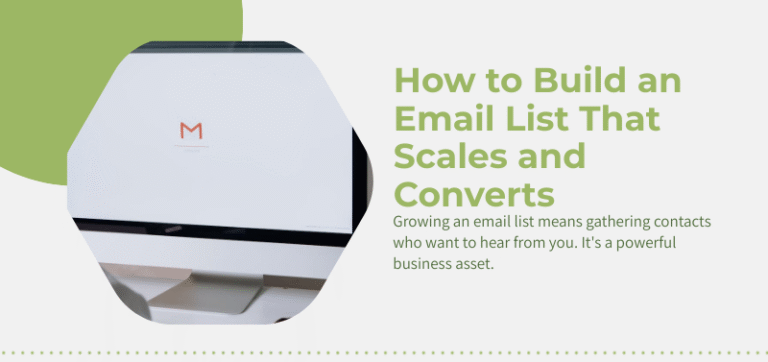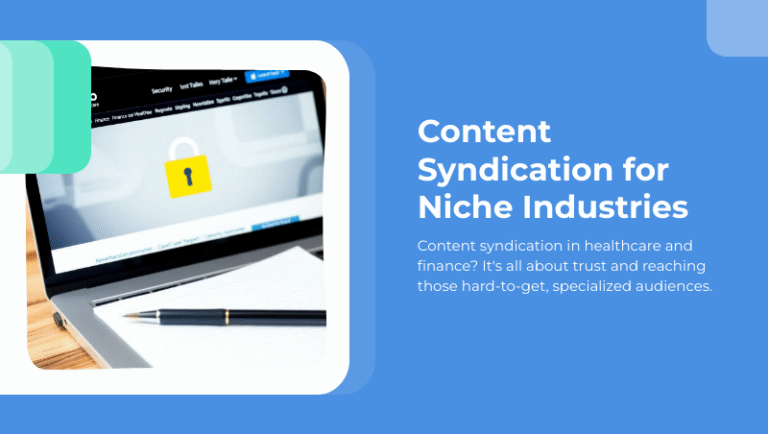
Think of your marketing database as a library. Do you want it to be a static repository of information where books gather dust and few people visit, or do you want it to become a community center where everyone in your organization can gather to learn, derive new insights, and brainstorm new ways of interacting with leads? The best libraries are intellectual and cultural hubs for their communities, and the best marketing databases are digital hubs for their organizations.
What’s a Digital Hub, Anyway?
A digital hub is a centralized, organized home for data, but it also links other systems as well, including your CRM, content marketing management tools, and lead scoring software. It’s the central command post from which you and your database manager can execute anything from a single A/B test of your latest email to an entire overarching marketing automation strategy.
Account-based marketing, lead scoring and nurturing, content marketing – at the center of it all is your database. Services that integrate your marketing technology start here because your digital hub is the cornerstone of modern marketing development.
Your Marketing Database Is Foundational
Your core marketing database stores lead information and tracks essential data such as digital traffic, email opens, and conversion rates. Overlaying that is your social media interaction data that measures engagement and coordinates content across multiple social channels. Your marketing automation system interprets the incoming data and puts it into context by allowing you and your marketing database manager to overlay customer information with behavioral data.
Accurate Analytics and Attribution
When all your information – demographic, firmographic, behavioral, and contextual – is an integrated part of a single digital hub, you have a unique opportunity to see the bigger picture. Relevant data from all channels comes together to form a single picture, enabling you to derive new insights, define customer personas, score incoming leads, and develop nurture programs that effectively move leads farther along the sales funnel.
When your digital hub allows you to see clearly how data interacts, you’re able to draw direct lines between individual data points and attribute accurate values to every marketing activity you perform and every action your leads take. If you know, for example, that 27 percent of leads who download white paper A place a call to sales within the month and 48 percent who download white paper B take the same action, you can assign greater value to the latter. Even more meaningfully, you can learn more about why the correlation between downloading that white paper and reaching out to sales is so strong so you can repeat your successes with subsequent content.
© Reach Marketing LLC 2016 All Rights Reserved.



